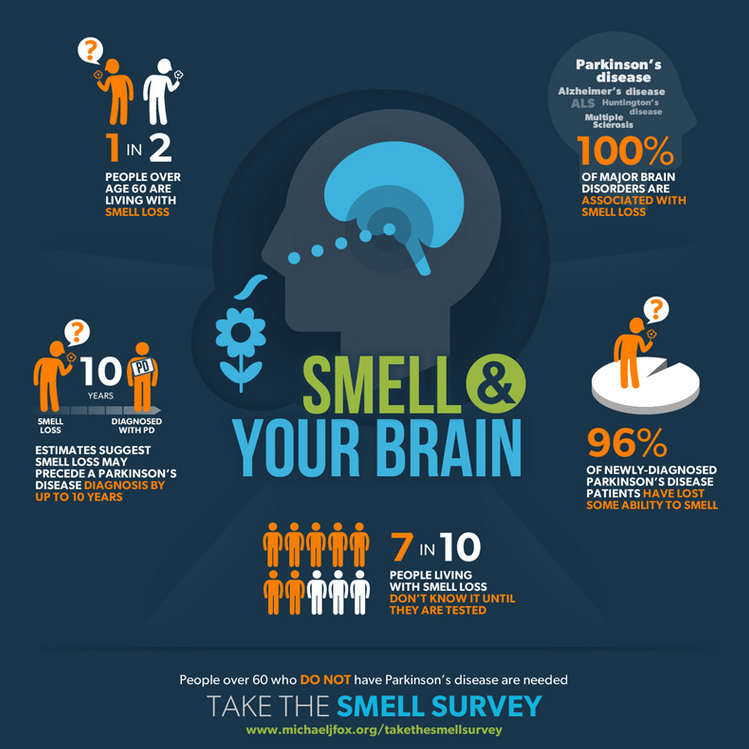About me
As far as I can remember, I have always been athletic. To find out that I had Parkinson's Disease in 2004, was a total surprise! I had to learn everything that I could about this disease. I read everything and went to many seminars and have and still do participate in Clinical Trials. After reviewing my medical records it was determined that I had tremors in 1987, at age 38 years old. I can no longer smell, I drag my left legs often. I loose my balance but I do enjoy dancing. If I fall, I get right back up.
Many things happen to a person with Parkinson's dsease. As of this date, there is no cure, just medicine and/or DBS to help. I can not have DBS because of the damage done from my previous stroke in the area where the surgery would take place. I am getting ahead of myself.
Then came the major stroke in 2004, after my Parkinson's disease diagnosis. How could this happen? Paralyzed on my left side. I had to learn how to speak, chew and swallow foods, regain all movements on my left side including using my hand and fingers to pick up things, legs and feet to move, stand, learn balance and walking., rebuild the muscles. I won't get into that. It took a year of 3 to 4 hours each day of all kinds of therapies. I had a blood clot in a vein burst in my brain. I thank God that I was able to get back to 99% of me.
I have had 4 major surgeries for female problems, beginning in 1981 and so far no more since 2009. In 2010, we ( My husband and I) purchased a motor coach and traveled over the US spreading the word about Parkinson's disease and passing out brochures We no longer have the motor coach.
When I was diagnosed with Dystonia of the feet and calves, I thought ok, I have had enough. Surely, nothing else will happen.
But I was wrong, more would come. I lost the bone in my lower jaw and ended up with cadaver bone, implants, and gums, and snap in lower dentures. I have had 6 other surgeries adding more bone and gum. I also have been dignosed with temors of my voice box, .
Through all of this, I continue to feel totally BLESSED! I Thank God for helping me. Of course I have pity me times, and say, Why Me, Lord? I am human, but most of the time when this happens, I look in the mirror and say, Why Not Me? I am a fighter and I will continue to fight this disease called Parkinson's Disease. I continue to exercise and meditate.
I use to be so shy. Now I give Seminars on Parkinson's Disease Awareness. I also began writing poetry, I hope you enjoy it.
God Bless,
Margie


No comments:
Post a Comment